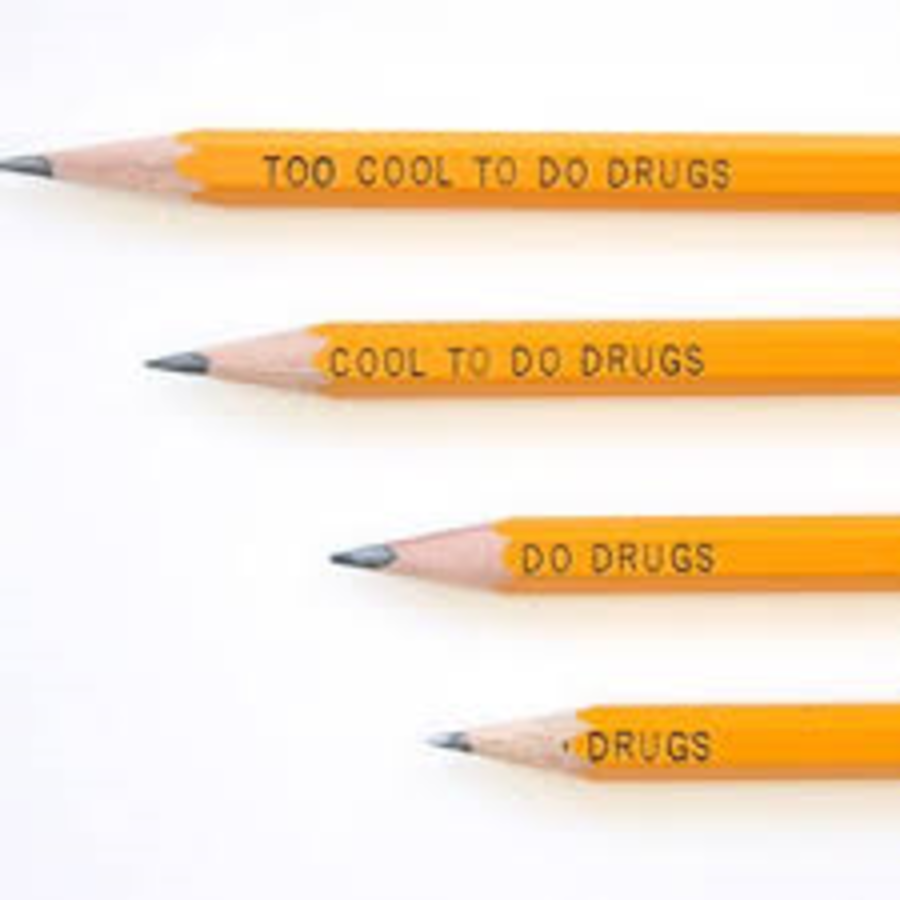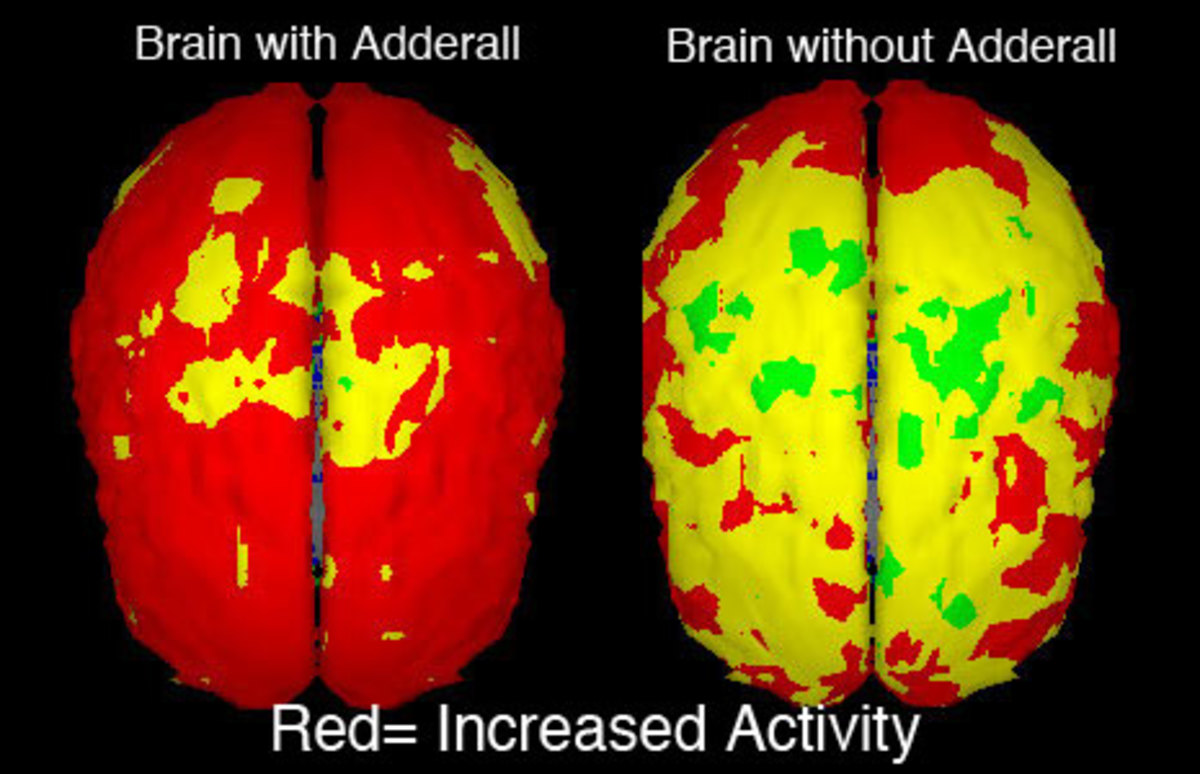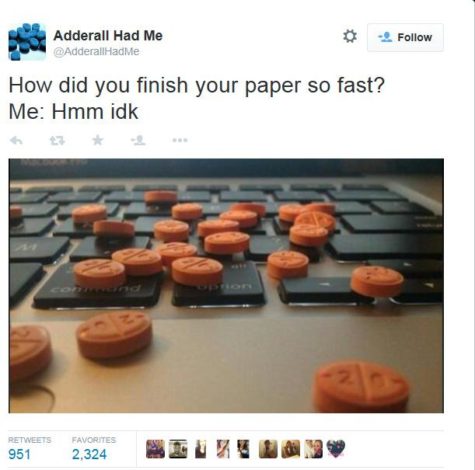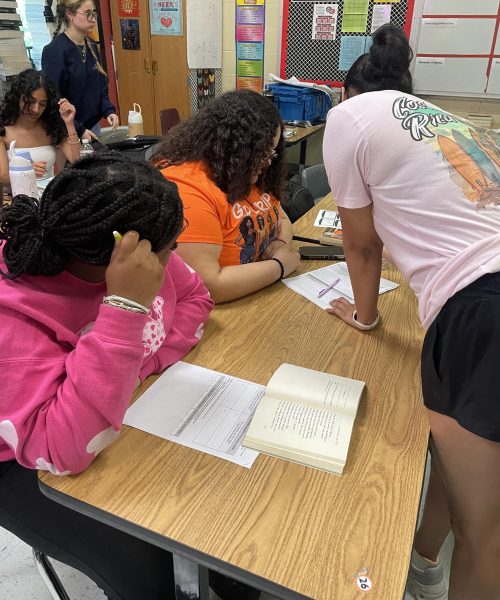Adderall Abuse on the Rise
In this season of standardized testing and finals, the pressure on students to do well leads some to drastic measures
“Senioritis” is a concept common throughout the country – seniors losing the motivation to finish homework, study for tests or even simply come to school. While some people argue that senioritis is caused by the unimportance of grades during senior year, especially during the second semester once college decisions have already been made, there is one idea that is often overlooked. Students are simply “burned out” after just completing the year many consider to be the most challenging of them all.
Beginning junior year, the pressure to do well peaks as students are overwhelmed with standardized tests, AP classes and extracurricular activities – all while trying to maintain a high grade point average. Once senior year starts, many students are occupied with applying to colleges and writing essay after essay trying to earn scholarship money.
Clearly, it’s easy to get behind, and students are desperate to keep up with the demands of modern day high school. One way students are choosing to cope with these stressors is with an increasing occurrence of Adderall usage. Although it’s prescribed to treat adolescents suffering from attention-deficit/hyperactivity disorder, ADHD, more and more high schools students are turning to “Addy” as a study drug.
At Dunbar, the most popular times for students to inquire about Adderall usage seem to include finals week, AP exam tests and on ACT test days.
“I heard of students even using it on practice tests,” said English teacher Mr. Eddie Mullins. “I couldn’t believe it.”
Although this trend may come as a shock to faculty, many students have accepted Adderall as a common part of high school life.
“It happens a lot for the ACT,” said senior Paul Johnson. “I’d say 80% of kids do something, including taking Addy, to get an advantage.”
But is this advantage fair? Many students think so.
“Why shouldn’t everyone have access to something that gives you an advantage?” and “why is it bad to want to do well on a test?” are just a few of the questions posed by students at Dunbar who were interviewed for this story.
Senior Max Hirschowitz said that he doesn’t see a problem with Adderall. “Students drink coffee all the time, and that’s not considered cheating,” he said. “They’re both stimulants. They’re both drugs. Why should one be considered acceptable but the other one isn’t?”
Medically Speaking
Adderall is made up of central nervous system stimulants that are designed to restore the balance of neurotransmitters in the brain. Because of this, taking Adderall helps increase the ability to focus for long periods of time.
Addy is most commonly sold and consumed in a few different amounts: 5 mg, 10 mg, 15 mg or 20 mg. Which tablet people take typically depends on their height, weight and how “experienced” they are with the drug. Since the drug is normally taken in such small amounts and regularly prescribed to young children, it’s often perceived as “harmless” by students who use the drug as a study tool. However, Adderall is classified as a Schedule II controlled substance, meaning there is a high risk for addiction.
Overuse or abuse of Adderall can have long-lasting, negative effects on teenagers and young adults who use it without a prescription. Restlessness, insomnia, uncontrollable shaking, headaches, nausea, weight loss, hallucinations and hostile behavior are all potential side effects, just to name a few. In addition, there are several more severe side effects, including increased risk of cardiovascular problems and mental health issues such as depression and paranoia.
“I know a lot of kids who started out taking Adderall just a few times, like for big tests and stuff, but now it’s almost like they’re addicted,” said junior Connor Langfels. “They can’t go a day without taking it.”
It’s Casual
From songs revolved around the drug to twitter accounts with almost 300,000 followers, Adderall is all over pop culture.
https://www.youtube.com/watch?v=iUYk9ZLJpII&feature=player_embedded
The twitter account, @AdderallHadMe, and the popular hashtag #AdderallHadMeLike have taken over social media – especially during midterms, finals and on national standardized testing dates. Researchers at Brigham Young University analyzed tweets that mentioned “Adderall” between November 2011 and May 2012. There were an average of 930 Adderall-related tweets a day, but that number rose to 2,813 on Dec. 13 and 2,207 on April 30 — a spike the researchers attributed to finals cramming.
Despite warning labels and strict regulations set by the DEA, a nationwide study recently found that only 2 percent of interviewed students believed Adderall to be “very dangerous,” while 81 percent think using the drug non-medically is either “not dangerous at all” or only “slightly dangerous.”
Urban Dictionary, a popular online dictionary that defines slang words and phrases, defines Adderall as “the only way to finish homework.”
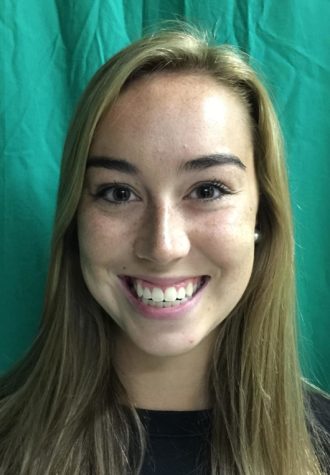
My name is Maggie. I'm Editor-In-Chief. I like smoothies and chocolate, but not chocolate smoothies.























